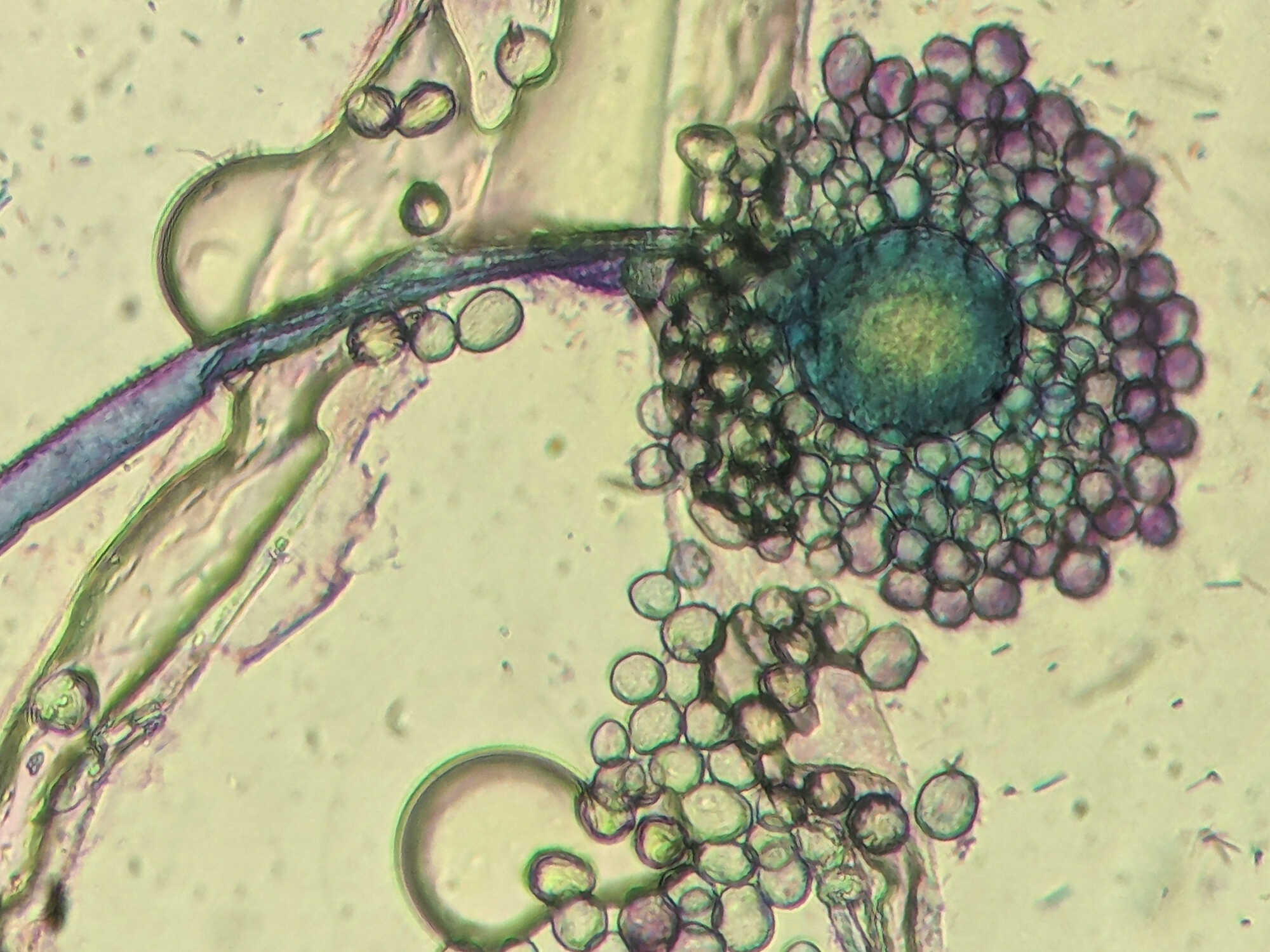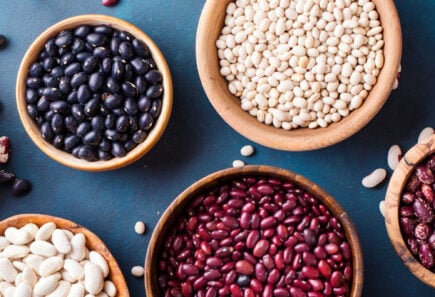
The Science of Alt Protein: Glycoengineering fungal cell factories — Implications for recombinant protein production

Event description
Filamentous fungi are widely used for recombinant protein production due to their high secretion capacity and GRAS status. However, fungal N-glycosylation pathways produce high-mannose structures that differ from mammalian complex glycans, potentially affecting protein function, stability, and immunogenicity.
This presentation from André Damasio, Ph.D., will discuss glycoengineering strategies for fungal cell factories producing recombinant proteins. Using Aspergillus nidulans as a model system, Dr. Damasio explores approaches ranging from glycoproteome mapping and site-specific engineering to pathway-level rewiring via CRISPR-Cas9.
The work addresses the fundamental challenge that fungal high-mannose glycans differ from mammalian complex structures, potentially affecting protein function. Join us to learn how using advanced gene-editing tools to reprogram fungi opens new possibilities for recombinant protein production.
Meet the speaker

Dr. André Damasio
ASSOCIATE PROFESSOR
INSTITUTE OF BIOLOGY – UNIVERSITY OF CAMPINAS (UNICAMP), BRAZIL
Dr. André Damasio is an Associate Professor in the Department of Biochemistry and Tissue Biology at the Institute of Biology, University of Campinas (UNICAMP), Brazil. He received his Ph.D. in Biochemistry from the University of São Paulo in 2011, with research periods at Oklahoma State University and the Institute of Catalysis and Petroleochemistry in Madrid. He joined UNICAMP in 2015 as an Assistant Professor after completing postdoctoral training at the Brazilian Biorenewables National Laboratory. His research group is dedicated to studying microbial biomanufacturing, mainly the production of recombinant proteins and enzymes using filamentous fungi as cell factories.


